

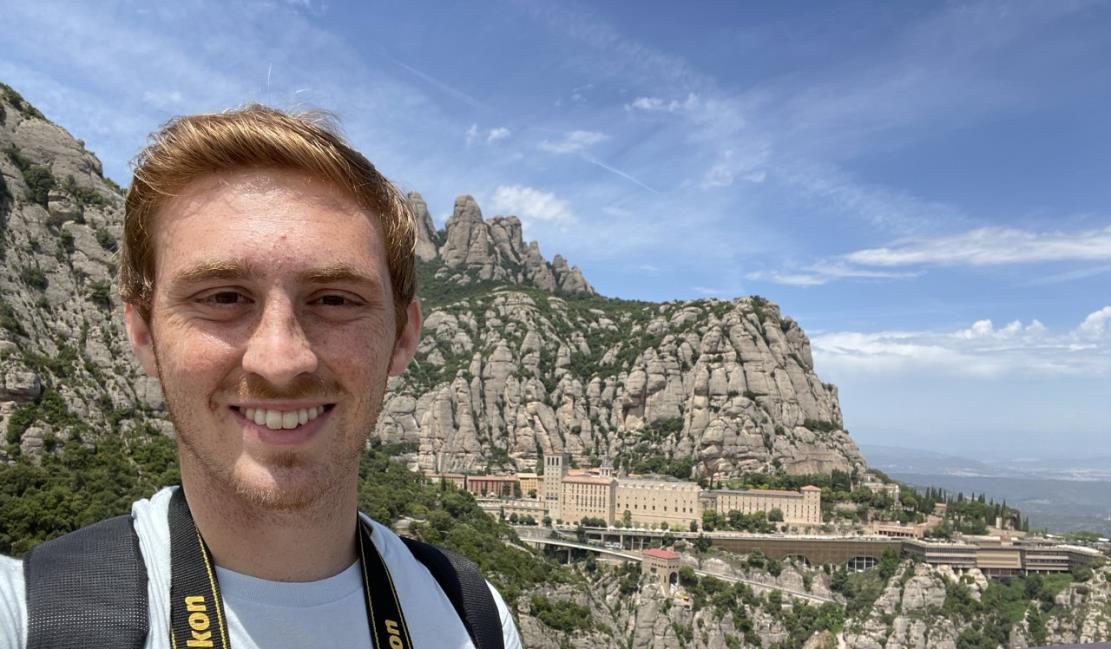
18 August 2022
Rising sea temperatures are having a devastating effect on tropical corals and, sadly, we have become used to seeing images of bleached and dying reefs on the news. However, the impacts on their Mediterranean counterparts have not received as much attention. A Travelling Fellowship helped fund PhD student Anthony Bonacolta’s trip across the Atlantic to Barcelona, where he was able to lay the foundations for the development of a Mediterranean coral cell atlas.
21 June 2022
2021 Materials, Mimics and Microfluidics: Engineering Tools in Mechanobiology
Assistant Professor Andrew Holle submitted the first Sustainable Conferencing Grant application for 2021. The 3M2021 was a satellite-based hybrid meeting targeted towards Asian-Pacific researchers. …
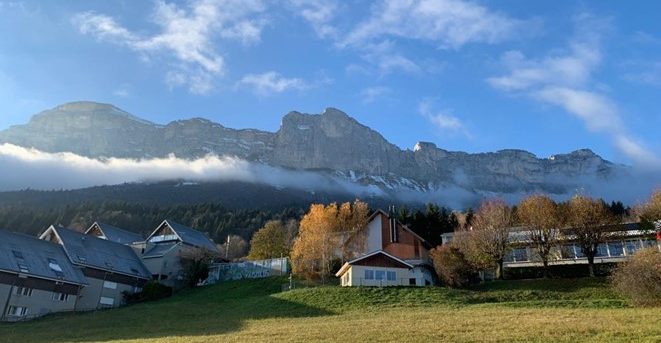
11 April 2022
Microtubules are hollow rods that form an important part of the cell cytoskeleton. They are built from polymers of tubulin, a protein that can be modified by the removal (or later re-addition) of an amino acid called tyrosine. Tyrosine modification can affect how the microtubules interact with kinesins, which walk along the microtubules and carry cargo from one part of the cell to another. Proper kinesin function is particularly important in neurons, since these cells can reach remarkable lengths and so transporting cargo from one end to another is a significant undertaking.
2 March 2022
Dr Mereena Ushakumary is a postdoctoral researcher studying late lung development in Dr Anne-Karina Perl’s laboratory at Cincinnati Children’s Hospital. With in-person conferences returning after the disruption of the pandemic, she took the opportunity to attend her first Gordon Research Conference.
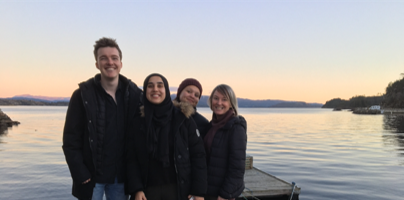
14 February 2022
Oil production in the Arctic is on the rise, which in turn makes oil pollution an ever-increasing threat. Crude oil spills can have devastating repercussions for marine organisms, including cardiotoxicity. It is thought that polyaromatic hydrocarbons such as phenanthrene are responsible for causing this damage to the heart. However, previous research into their effects have rarely considered the whole organism and have largely been concerned with embryonic fishes.
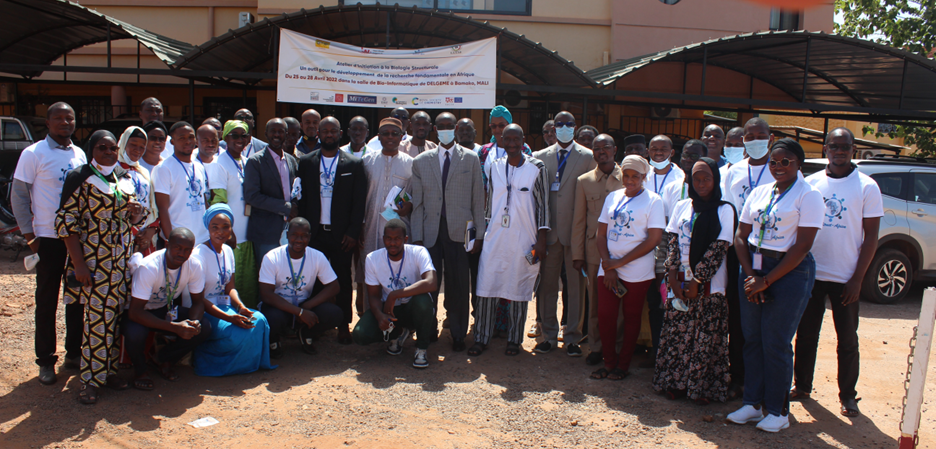
2 August 2022
Understanding the structural biology underpinning disease can be crucial for informing drug or vaccine design. For example, structural biology can help researchers understand the mechanism that allows a viral spike protein to bind receptors in our cells. However, structural biology research in Africa is suffering from a lack of resources and, consequently, from the loss of skilled researchers who are moving to pursue a career in this field overseas. To address this, BioStruct-Africa ran a workshop that brought the African structural biology community together by providing training and networking opportunities. BioStruct-Africa was awarded one of our Scientific Meeting Grants to support the event.

25 May 2022
Beaks are an important asset for birds that live in environments with limited freshwater. This is because their bills are thought to offer a route for non-evaporative heat loss, helping the birds to regulate their body temperatures without losing water. Mackenzie Roeder, a PhD student from the University of Maine, used a Travelling Fellowship from Journal of Experimental Biology to support her quantification of this effect in the field.
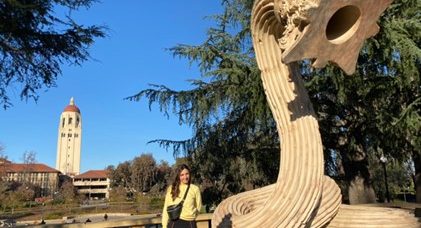
8 April 2022
Ageing is associated with the accumulation of epigenetic changes to a cell’s DNA. Attempts to slow or even reverse ageing understandably attract a lot of attention, and one novel strategy of particular interest is attempting to ‘rejuvenate’ existing cells. With the help of a Travelling Fellowship, PhD student Priscila Chiavellini was able to visit Stanford University to investigate this approach.
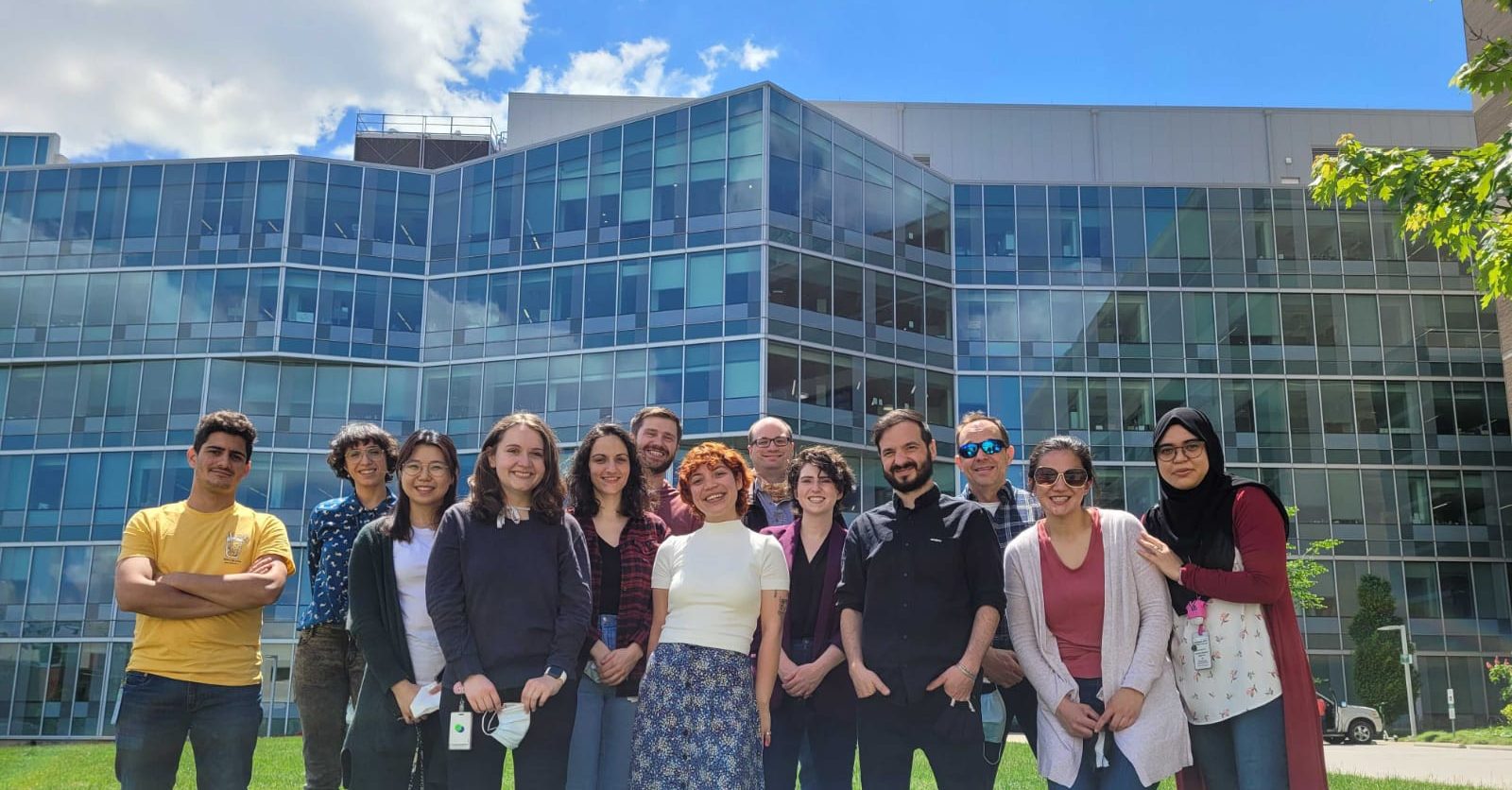
22 February 2022
It has been suggested that there is a link between pain and relapse into alcohol use disorder, two important areas of concern in the medical field. The mechanisms underlying this connection are not well understood, but the dynorphinergic system likely plays a key role. A DMM Travelling Fellowship recently supported a collaborative effort to investigate this in more detail.
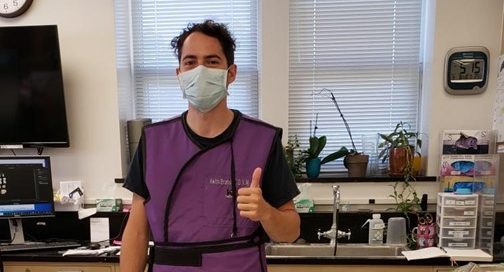
2 February 2022
Every time we eat, from hurried snacks to three-course meals, our oesophagus gets to work and delivers the food from our mouths to our stomachs. We usually take this process for granted, but have you ever wondered how it happens so smoothly?
You must be logged in to post a comment.